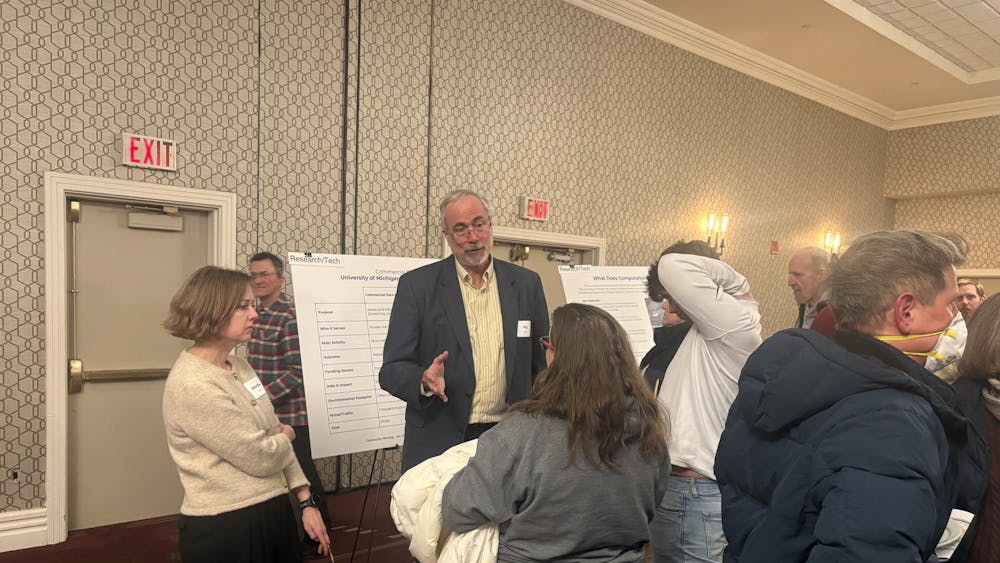The Office of Research Development announced, in a statement, that Cory Emal, an associate chemistry professor, along with colleagues from the University of Michigan and the University of Maryland, has received US patent 8,759,327. And Vijay Mannari, a polymers professor and Subhas Ghosh, a professor in textiles have received US patent 8,764,851.
US patent 8,764,851 is for a durable, washable, antibacterial fabric created with a grant from the army. The material features a built in antibacterial measure that the military hopes to use to isolate soldiers from possible biological warfare.
"The US army wanted to create a fabric for military clothing and protection which is antimicrobial," Ghosh said. "The problem is by shielding someone with coveralls, that will not stop the bacteria. They will find a way to get in. It takes only one bacteria to multiply into millions."
The grant that the pair received allowed them to create a lab at Eastern to build and test their product. For final testing the fabric was sent to a lab outside of Chicago, Illinois. The material was washed over fifty times and repeatedly exposed to several viruses. Each time the fiber – still – killed the bacteria effectively.
Apart from its military applications, Ghosh said the fabric could be used for a variety of medical and industrial uses. When it comes to infectious disease the germs tend to cling to the fabric used by medical personnel. The antibacterial agent in these fibers would kill the strain on contact.
US patent 8,759,327 is for a string of molecules that control plaque build-up in the blood to keep the blood clots that cause strokes from becoming problematic.
Emal was unavailable for an interview, but said in a press release, "I was in the right place at the right time, and we've been very productive."
He and his colleagues, in Maryland and Ann Arbor, have created a cocktail of new molecules that could respectively be introduced into a patient’s circulatory system. There, they find and disrupt a naturally occurring human plasminogen activator PAI-1. The higher the PAI-1 is in a person, the more likely they are to suffer a stroke or heart attack. By interfering with it, the goal is to prevent cardiac arrest and to be used as follow-up to help treat patients who have already suffered strokes.
The process of investment and research at EMU is ongoing. Ghosh said he was moving on to smart fabrics. Fabrics that could be used to regulate body temperature, body odor or release medicines.
In the press release, Emal said, "Hopefully, the molecules contained within this patient will someday lead to a drug with the ability to treat people with serious conditions."







